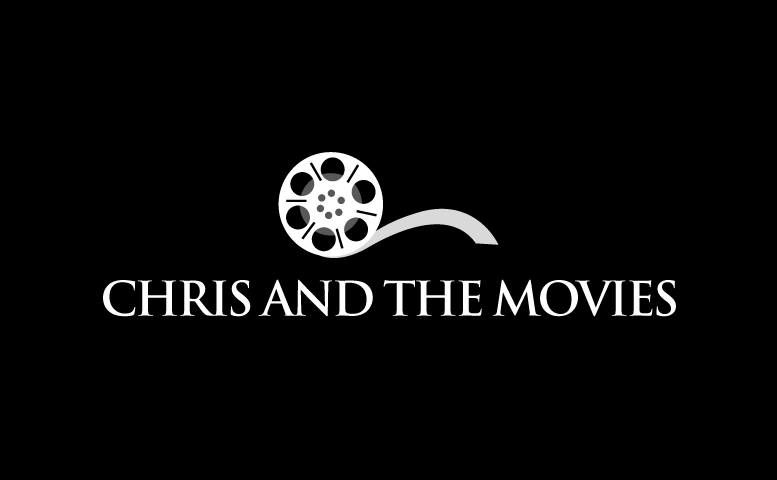Danny doesn't fight back. He has his kid (played by Joziah Lagonoy) with him. Not fighting back is a teachable moment for his son. It's better to walk away than fight, he tells him. But Danny's messaging is inconsistent. Later in the film, he'll tell his son Ed that he should fight to defend his friends. His ex-wife disagrees. It's difficult to put much stock into anything Danny tells Ed because in addition to his inconsistency, he's often not there for him. He's late picking him up, and he has to cancel trips to amusement parks due to emergency deadlines, all the while Ed's mother inevitably comes across looking like the mean parent.
The failed-father dynamic in The Paper Tigers isn't particularly interesting, but it's not like the film, written and directed by Tran Quoc Bao, is trying very hard to make it work. Instead, the film puts most of its efforts into two elements: comedy and action. The Paper Tigers is a martial arts comedy; its martial arts scenes are the film's finest moments, but its comedy is flat. Nothing is funny in this movie, not the jokes about "breakfast pasta," not the flatulence, not the funeral selfies, not even the awkward white guy in the movie. The white guy (a very muscular Matthew Page as Carter) is a former high school rival of the Three Tigers (more on them in a moment), constantly losing to them and feeling bitter about it as an adult yet emboldened, for he clearly kept in shape over the years and now is a kung fu teacher, while the others (or at least two-thirds of them) got a little flabbier.
Carter, though, takes things a little too seriously, learning to speak Chinese while passionately delivering honorable kung fu beliefs (which are dismissed as fortune cookie sayings by Danny). Carter blurts out his trust of the "old ways" and says other things that certainly come across as appropriation, and yet the film can't even get that right. The character of Carter should be low-hanging fruit for the film, but even though middle-aged white guys can say some pretty cringe-worthy things, none of them (we should hope) would never go so far as to say something like "we Chinese have a saying."
The Paper Tigers centers on three middle-aged men who excelled at martial arts under the tutelage of Sifu Cheung (Roger Yuan) when they were teenagers but who've grown apart in their older years. Aside from Danny, Hing (Ron Yuan, Roger Yuan's real-life brother) has suffered from a leg injury and has gained weight, while Jim (Mykel Shannon Jenkins) has continued to keep his body in pristine order as a boxing coach but has forgotten kung fu. The three of them, formerly known as the Three Tigers, reunite when their sifu has mysteriously died from a heart attack. Suspecting foul play, they try to discover the true cause of his death and who might have had a hand in it.
Some of the actors (like Page and Ron Yuan) certainly try to make this bizarre humor work (to no avail), but most of this silliness isn't their fault, but that of Bao's script. The script sometimes tries to instill some weight and emotion (like Danny's problems being a reliable father and his past issues living up to Sifu Cheung's expectations), often with some kind of "but the truth is" sappy speech, but it doesn't succeed, instead trying too hard to go for laughs. True, kids might laugh at it, but they'll likely be the only ones chuckling at these antics.
If there is anything to be praised in the film, however, it's the unpredictable fight choreography of Ken Quitugua, who also appears as Zhen Fan, the film's villain. Adding to the delight of watching this masterful choreography is Daniel L.K. Caldwell's score; the two fit perfectly together. Music and fighting, though, can't save a movie like this, making this a very disappointing film. Unfortunately, it might pain you to try and remember whether or not you saw The Paper Tigers one week after viewing it.
















